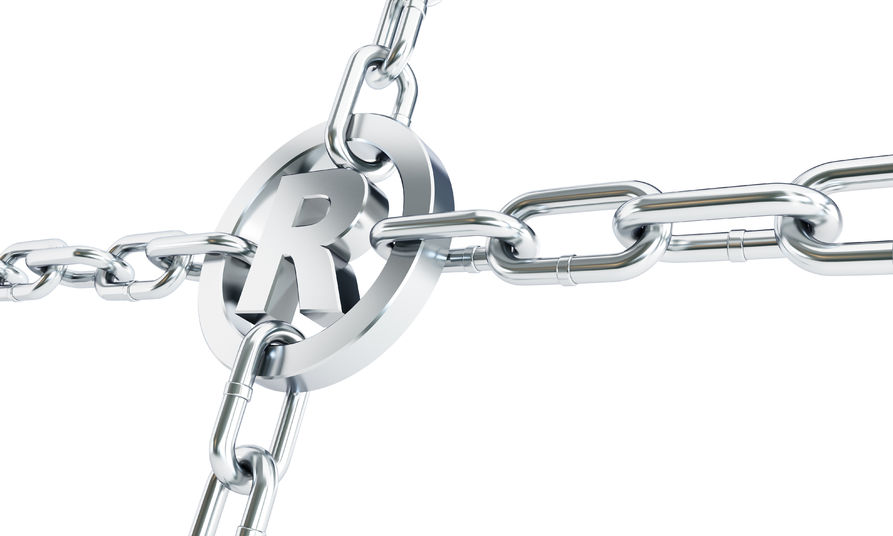Your brand is your reputation. It is the way you and other people view you and your business. One aspect of your brand is your trademark. Having a memorable and well managed trade mark is a powerful way to distinguish your business products and services from your competitors. The idea is to create a distinctive mark that people trust and put it on all your advertising, products, website, letterhead, business cards etc and have people associate your brand with a quality product or service. Your trade mark is an important business asset that helps you get and keep customers. A lot of money and time goes in to building a strong brand so you do not want a competitor to come along and free ride on your reputation by using the same or similar trademark for the same or similar product.
Brand protection and trademarks are covered by an area of law known as intellectual property.
Registering a trade mark is a good way to protect your business reputation. Registration protects you from other people using the same or similar trade mark in relation to the same or similar goods and/or services in which your trademark is registered (whether they copy your mark or create a similar one independently). Once your trademark is registered, the ® symbol may be used with the trademark. The registration period lasts for 10 years and is renewable every 10 years, indefinitely.
You do not have to register your trademark to use it. But if the mark is unregistered, to protect the mark, you must rely on the common law action of passing off or take proceedings under the Fair Trading Act. This can involve long and costly litigation. Registering a trade mark gives you the sole right to use it and to authorise other people to use it. You can sue for infringement if someone else uses the same or similar mark on the same or similar goods and/or services in respect of which your mark is registered.
Your trademark must be distinctive and can include words, logos, colours, shapes, sounds, smells, tastes or any combination of these. Your trademark must not indicate the kind, quantity, intended purpose or dollar value of the goods and services, unless those features are presented in a unique or unusual way, or are incorporated into the trademark as one of its elements.
A trademark may not be able to be registered if it:
- is the same as, or similar to, another trademark that is well known in New Zealand;
- is likely to mislead, or confuse or is offensive;
- is a superlative, eg BEST, SUPER etc;
- is a descriptive term, eg SWEET for ice cream or APPLE for apples;
- is a geographical location associated with the goods or services, eg BLUFF for oysters;
- contains a representation, or imitation of a representation, of the Royal Family.
Your trademark must also be registered in relation to a class of goods or services. There are 45 classes to choose from. Your products and services may fall into more than one class depending on what they are.
The Intellectual Property Office of New Zealand (IPONZ) charges a fee for each application to register a trademark in one class. As that is a non-refundable fee, you can request a “search and preliminary advice report” from IPONZ on the suitability of each trademark before submitting a registration application. This report will provide you with an assessment of whether your trademark is likely to comply with the registration requirements.
To apply for a search and preliminary advice report you will need to provide the following information for each trademark:
- A clear description of the trademark, including an image of the logo; and
- A list of all goods and/or services for which you wish to use the trademark.
IPONZ will respond to your application for search and preliminary advice within five working days after receiving the application. A search and preliminary advice report provides initial advice only and is not the same as, and does not replace, an application for registration of a trademark. If the report says your proposed trademark is not eligible for registration, and you wish to continue with your application, you will be given an opportunity to present arguments in relation to the eligibility of the mark for registration as part of the application process.
Your brand is a valuable asset that needs protecting as much as your house needs insurance protection. Registering your trade mark protects your brand from competitors free riding on your reputation.





Leave A Comment